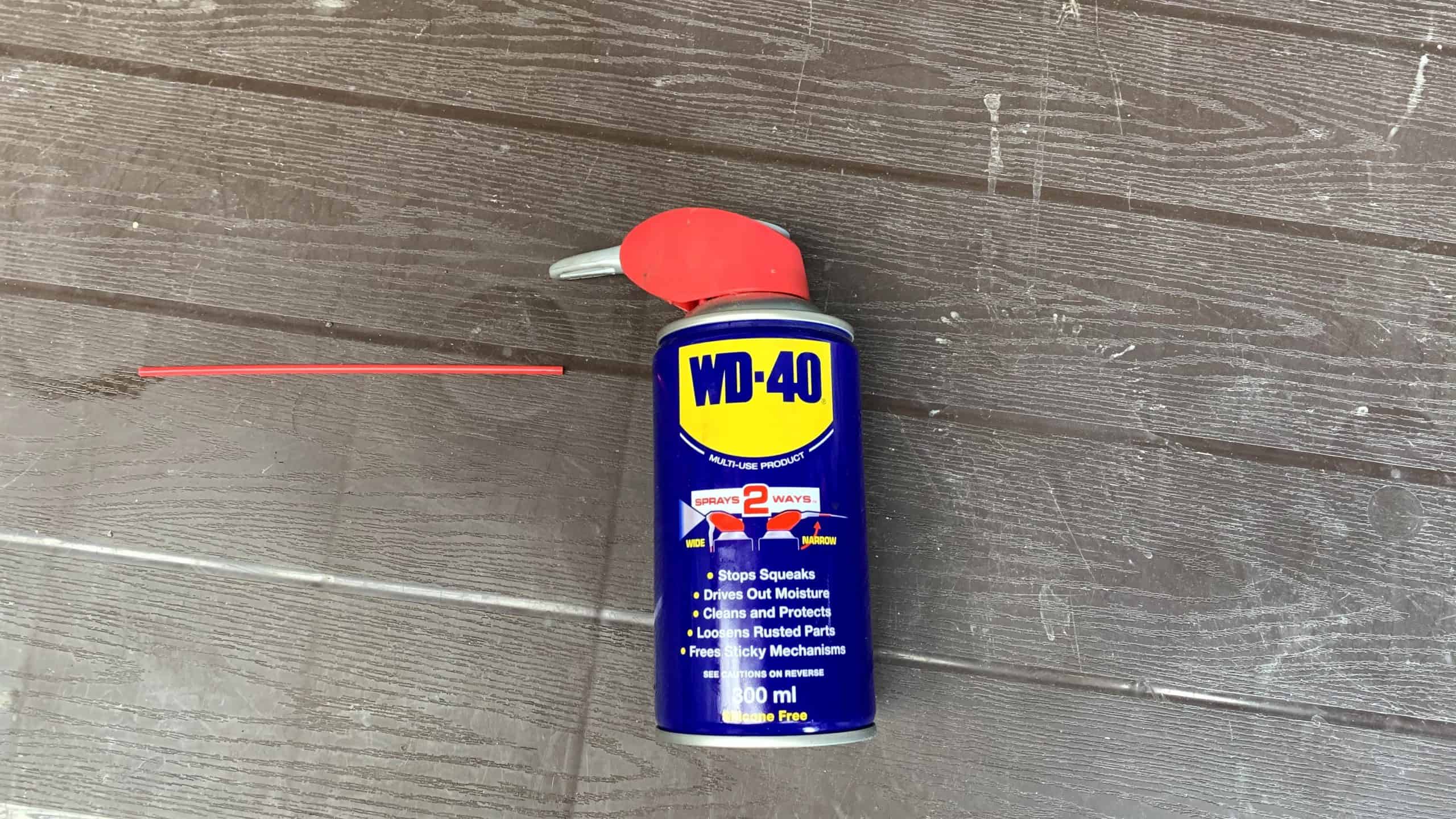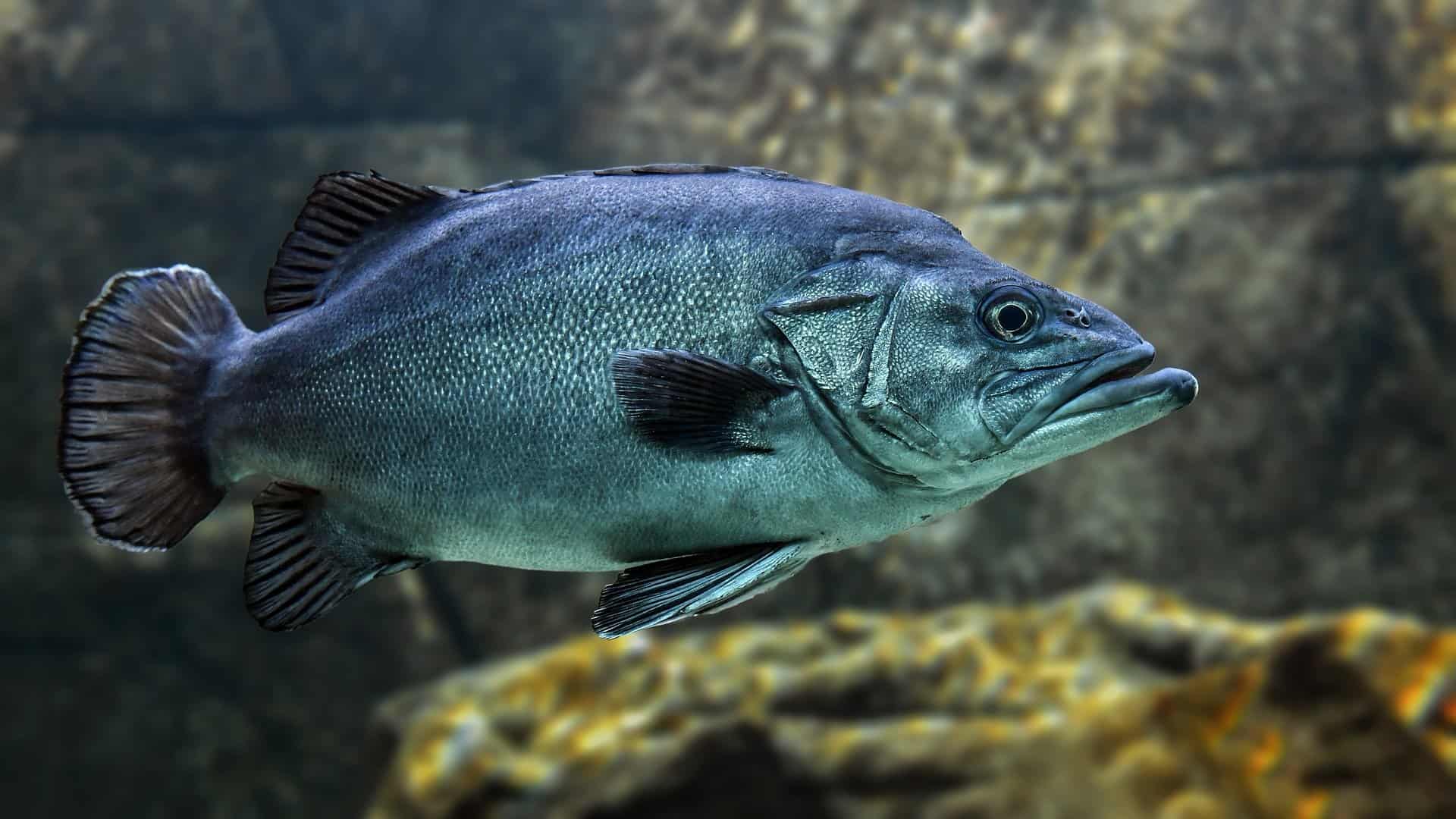Taking your car, motorbike, or lawnmower apart to clean them is a vital maintenance chore. You may then use WD-40 to help clean and protect your mechanical items. However, when you turn the equipment back on, you notice some issues.
So does WD-40 smoke when hot?
WD-40 will smoke when heat is applied to it. This is nothing to worry about as long as the vapors are being allowed to vent from the area, as direct inhalation of any form of WD-40 is not recommended by experts who investigated the safety of WD-40.
I’ll take you through why WD-40 smokes when heat is applied to it, and also explain why it is perfectly normal and nothing to worry about. We’ll look at some alternatives to WD-40 and usage tips for WD-40 so that you can use it in the safest way.

Does WD-40 Smoke When Hot?
WD-40 will let off vapors and smoke when heat is applied to it. This is normal behavior for WD-40.
Given that WD-40 is not harmless, these fumes and smoke are likely detrimental to your health. You should not deliberately or intentionally inhale such fumes and indeed WD-40 itself states on the product, website, and via other avenues that doing so could be harmful.
WD-40 should be used sparingly for specific tasks. If you’re finding that you have to spray large amounts of WD-40 so that you have a pool of it, or filling the air with thick WD-40 vapors, you’re probably misusing WD-40.
It’s important to research how to better achieve the task you’re doing as WD-40 is not recommended for every DIY job or cleaning job.
For example, stuck or rusted bolts may seem like a prime candidate for WD-40, but a penetrating oil would be better for this task.
An impressive product amongst the many offerings of penetrating oil is PB B’laster. You can easily pick this up from Amazon and it will get rid of corroded bolts or spark plugs much better than WD-40.
Penetrating oil like PB B’laster is designed to trickle into even the smallest gaps around a rusted part. This can mean it better lubricates and helps get the stuck bolt moving.
For general cleaning of metal parts, brake cleaner is one of the best multipurpose products. CRC’s BRAKLEEN is one of the best-reviewed brake cleaners on Amazon and its easy spray can action will enable you to put the cleaner where it needs to go.
Will WD-40 Catch Fire On An Exhaust?
The heat from an exhaust can cause WD-40 to catch fire. WD-40 is volatile and exhausts will often be among the hottest components of an engine.
Exhaust systems will get extremely hot through normal use, let alone more intensive driving. Measurements reveal that an exhaust system can go on average to 800 degrees Fahrenheit, with a doubling possible under heavy engine use.
WD-40 is a flammable, volatile compound as per the company’s own materials safety sheets. This safety information material reveals that fire is the biggest hazard of the product with minimal harm from inhaling or ingestion.
- According to the hazard rating, WD-40’s fire risk is classified as a severe hazard.
Also known as a four on the rating scheme, this is the highest rating available. Severe hazard warnings for fire mean any nearby source of heat or flame is enough to trigger combustion.
This means that care should be taken when you are using WD-40 near ignition sources. WD-40 will catch fire easily, particularly in confined spaces.
Can You Smoke Near WD-40?
WD-40 is unlikely to be a hazard from cigarette smoke. A confined area may cause the vapors to build up and potentially ignite, however, WD-40 is designed to be used in well-ventilated areas.
If there is so much WD-40 in the air that it ignites from a cigarette in a casual setting, it is likely the WD-40 is being misused.
WD-40 is effective in small amounts and should be used in areas with good airflow. This will also allow the distinctive WD-40 smell that can hang around to dissipate.
It would be good safety practice to not be smoking a cigarette while using WD-40.
Can You Spray WD-40 On A Hot Car Engine?
Spraying WD-40 onto a hot car engine is not very dangerous but still should not be done. Wait for the engine to cool before using WD-40 to perform any maintenance or cleaning.
- If the engine is hot, the WD-40 will ignite or be partially burned as soon as it comes into contact with the hot metal.
This obviously means a waste of WD-40 with little, if any, gain. WD-40 is not meant to activate by being sprayed into an intake during operation.
WD-40 is not the best option for a cleaner or lubricant in every situation. WD-40 helps to remove water and leave a protective film against rust or corrosion. If your main goal is to get things running smoothly, WD-40 is actually very light on lubricant.
You should really look to specialty products such as chain lubricants or other application-specific goods. Heavy lubricant is needed for certain situations, such as hinges or automotive work, that WD-40 is unlikely to do very well with.
If you’re trying to use WD-40 as an engine starter, you would be better off just purchasing something like STA-BIL starting fluid. WD-40 does not have the key ingredient of ether and so is a poor engine starter.
In the end, WD-40 is best at building up anti-rust protection. This means that spraying WD-40 on any tools that are covered in water frequently is better than just spraying on every piece of metal that you can see.





